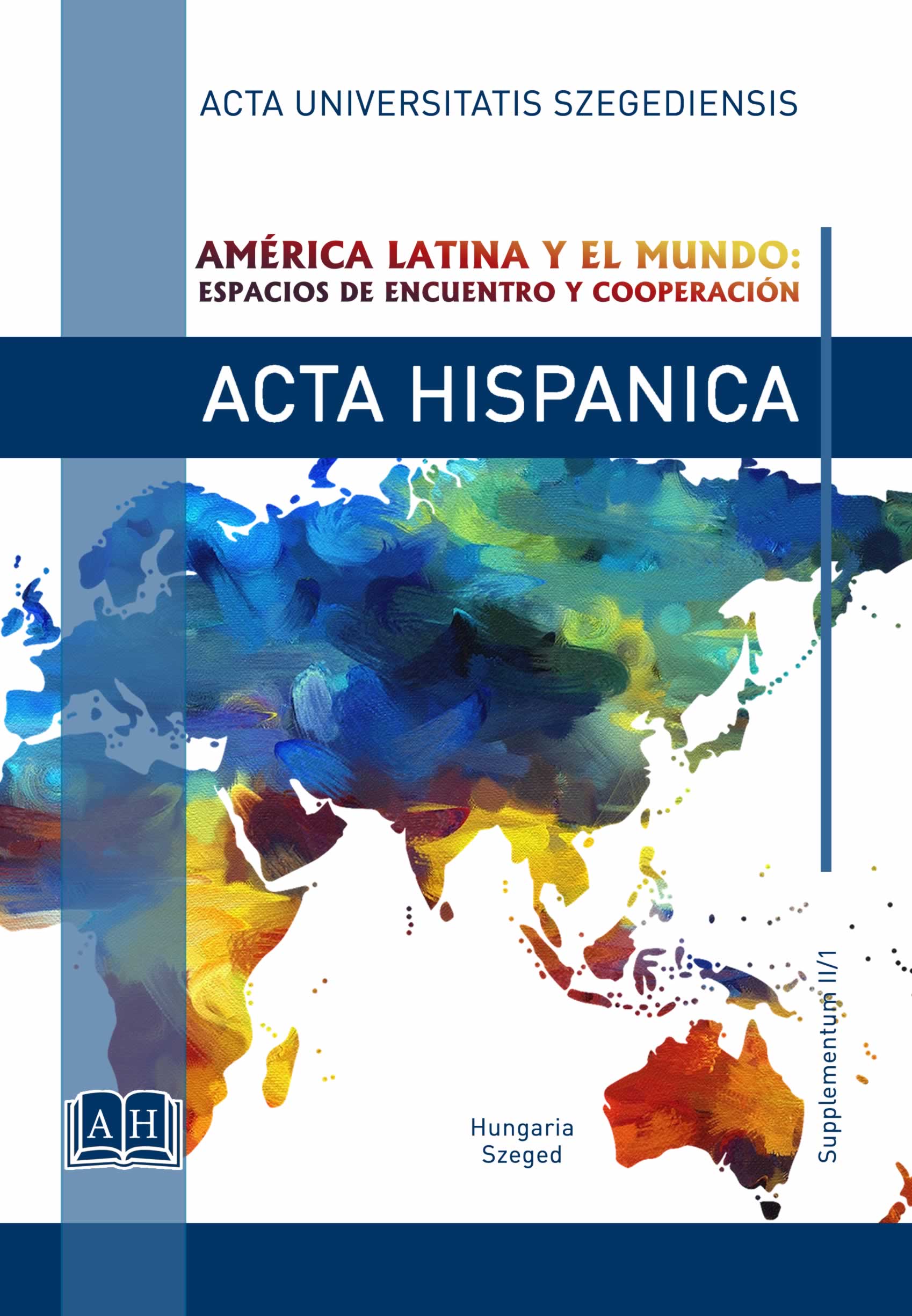The Heritage of the European Culture in Ricardo Piglia's Works
Main Article Content
Abstract
Abstract: Ricardo Piglia is an undoubtedly important Argentine author and he is a great cultural thinker in the broadest sense of the word. In Piglia’s works the characters think, talk and reflect on Argentine and European culture and history, sometimes they even philosophize about the culture of the United States as well.
Ricardo Piglia’s attention is especially drawn by intellectuals tied to a double sense of meaning, linked to two languages and two traditions. This linguistic and tradition duality implies a state of transition between one tradition and another, between one language and another and, above all, between one way of thinking and expressing oneself and another.
Conversations on intellectual issues gain the importance of being matters of life and death. They have the courage to be acts with immediate consequences in the lives of the characters who at the same time are often literary materializations of intellectuals and / or real historical figures. To think and to chat are rebellious and heroic acts that are equivalent to facing the challenges and the deepest chimeras of humanity.
In this way the fiction created by the author about the characters is interwoven with the fiction born of the conversations, the meditations, the readings, the dreams and the nightmares of all of them and an elastic literary material is formed in time, in space and in juxtaposed fictions of traditions and cultural heritages.
Keywords: duality, elastic material, rebel act, conversation, investigation
Downloads
Article Details
References
László, János (2005). A történetek tudománya. Budapest: Új Mandátum.
Piglia, Ricardo (2013). El camino de Ida. Barcelona: Anagrama.
Piglia, Ricardo (2004). Cuentos con dos rostros. México: UNAM.
Piglia, Ricardo (1996). Respiración artificial. Buenos Aires: Espasa Calpe.
Piglia, Ricardo (1995). Cuentos morales. Buenos Aires: Espasa Calpe.
Piglia, Ricardo (1992). La ciudad ausente. Buenos Aires: Espasa Calpe.





